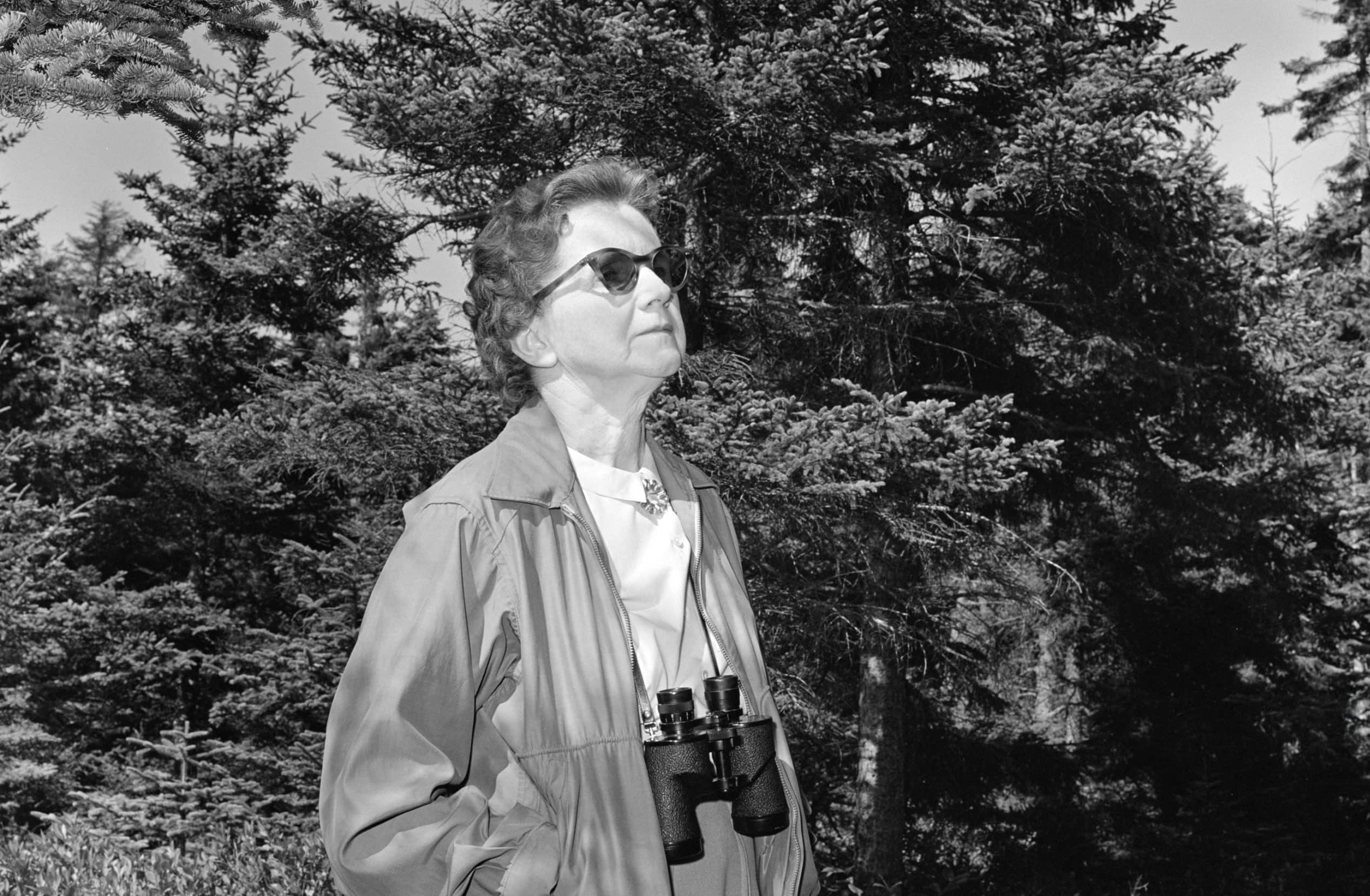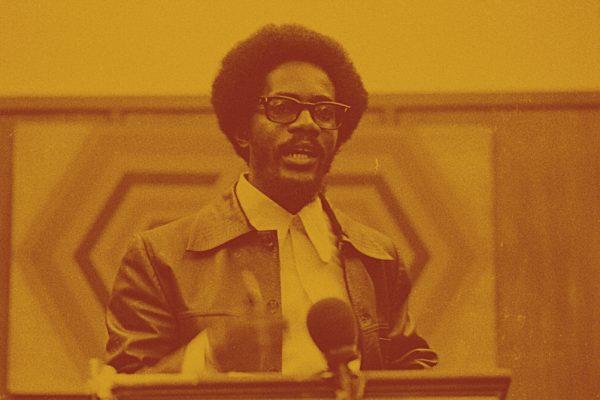The dominant conception of happiness in the United States is unabashedly acquisitive. It involves marriage (or at least being coupled), probably children, probably homeownership, and definitely easy and ongoing consumption. This idea of bourgeois happiness is powerfully connected, as Kate Soper argues, to capitalism. Yet it is also connected to patriarchy and to white supremacy. As Lori Marso has argued, the sparkly consumer objects and material splendor promised by the “bourgeois respectability” of marriage offer compensation for women’s lack of freedom. And, of course, the idea of bourgeois happiness, as thinkers from W. E. B. Du Bois to Audre Lorde have argued, is deeply entwined with white supremacy. This is why, as James Baldwin wrote in Giovanni’s Room (1956) and The Fire Next Time (1963), this idea or fantasy of white happiness is actually a kind of depravity: it allows, even requires, white people to look away from the reality of white supremacy, racial violence, and sexual domination that produces their lives.
Soper’s call to develop and nurture an alternative hedonism is an important intervention. She is right that Westerners tend to have a very narrow idea of happiness, even as our attachment to this idea often makes us unhappy and continues to drive climate change. As long as the habits and structures of consumption endure, climate change will become more and more catastrophic.
I am less convinced than Soper, though, that focusing on changing habits and infrastructures of consumption offers a robust enough idea of either pleasure or political action to address climate change. Part of capitalism’s magic, after all, is inculcating a particular experience of desire in us—teaching us that we have an inherent void or lack that must be filled for us to be happy, to experience pleasure. As Lauren Berlant argued, we learn to experience our endless disappointments as due to our own failures, to the disappointments of love or intimacy or the family—and not to the structural unhappiness of capitalism. The suffering and unhappiness of Black, brown, and poor people is portrayed in this ideology as their own doing, due to their own personal failures—or, at best, as something that well-off white people can or should sympathize with, feel virtuously on behalf of.
While capitalism tells us that we should try to fill our void with bourgeois marriage, work, virtuous sympathy, and endless consumption, Soper tells us we should try to fill our void with crafts, localism, and sharing economies. I agree that we might arrange our lives differently, but her call to simply change our habits of consumption does not go far enough. If we don’t challenge the very idea of desire as a void to be filled, we risk advocating a politics that remains principally white, non-feminist, and heteronormative. Only a different vision of desire—desire as fullness—can ground a politics up to the task of dismantling the drivers of climate change, patriarchy, and white supremacy.
There are many model for the conception of desire as fullness, for example, in the writings of Baldwin (especially “My Dungeon Shook”) and Lorde (especially “Uses of the Erotic: The Erotic as Power”) as well as in Melissa Broder’s Milkfed (2021), the writings and podcasts of activist adrienne maree brown, and in the poetry of Natalie Diaz and Donika Kelly (among others). In my own work on Rachel Carson and the politics of queer love and climate change, I foreground a conception of desire born out of experiences of intimate pleasure and fullness. My work focuses on Carson’s love with Dorothy Freeman that developed in the mid- to late 1950s, and its role in her writing of Silent Spring (1962). Carson and Freeman’s love, and the birds and other nonhuman nature that made that love possible, showed Carson that a vibrant multispecies world was already a place where people could—and do—experience pleasure and happiness. While many see Silent Spring as a plea for humans to remove themselves from nature, I see it as a plea to sustain and amplify a vibrant multispecies world where human happiness is possible, but which was under threat by an unregulated chemical industry.
This forum response is featured in The Politics of Pleasure.
Desire as lack teaches people that they need particular things (endless consumption) or structures (bourgeois marriage) or feelings (heteronormative love), which may never fully arrive, to be happy. In contrast, desire as fullness teaches people that they already have the capacity for pleasure in themselves and in this world and thus gives critical distance from capitalist, heteronormative institutions that had once seemed necessary to happiness. In desire as lack, people are taught that they and their private lives are the reason for their unhappiness, which helps shore up the status quo. In desire as fullness, social and political structures appear as the reason that happiness and pleasure are under threat. Desire as fullness thus directs our political attention to collective conditions and political structures, while desire as lack keeps us focused on our internal and private lives.
I see desire as fullness as more politically potent, especially in addressing climate change, because it starts to undo the capitalist indoctrination of lack. Desire as fullness also generates greater political capacity, courage, and confidence because it teaches people that they can achieve their desires, even if they do not accord with capitalist common sense. Carson and Freeman’s love served as a spark for Carson’s Silent Spring, as well as for her broad work in coalition-building to push for greater regulation of the chemical industry. In that book and her other late work, we see her most searing indictments of capitalism and industry and their attempted destruction of pleasurable lives. We also see her greatest political courage in this time of her life, when she fought the smears against her in print and in person and made numerous appearances (including in front of the Senate) to speak on behalf of greater regulation, even as she was dying of breast cancer.
At a time when political institutions seem rigidly entrenched in a growth economy that is killing us, Soper is right that we need to imagine utopic futures of travel, work, and consumption. But we also need to find ways to undo our experiences of ourselves as beings of lack and start to identify and experience moments of desire as fullness that can ground a new politics. Desire as fullness can spark forms of movement-building and political agency that might achieve these utopic goals.
Imagine desire as fullness as that spark for a new climate politics: experiences of pleasure and happiness reveal that we are not lacking beings, and this leads to greater courage and bigger goals for our lives and world during climate change, a greater sense of what is possible.
If engaging in this kind of politics is hard to imagine, it is because we have been so stuck in a politics of intimate lack for so long. We have been led to doubt our capacity to achieve change and to diminish our desires to small demands for better consumption and minimum protections for life. It will take a lot to undo this, but part of it—as Soper rightly notes—is an intimate project. Experiences of fullness create greater clarity about the depravity of capitalism, as well as greater political capacity, courage, and imagination. We need an intimate politics of climate change that begins from the fullness of our capacity for pleasure. Only then will our democratic politics expand beyond demands for individual bare survival to the fullness of pleasurable lives for everyone.








